A new service allows European food producers to be matched to other businesses looking to buy food that would otherwise go to waste. Funded by EIT Food, the Digital Marketplace for Side Streams will help food companies upcycle waste to produce by-products by matching them with businesses that have an overabundance of food.
Conceptualized by a team at the University of Reading in England, the project brought on board several Europen food companies, including Givaudan, Döhler, Puratos and Pepsico, to launch a database of multiple ways to upcycle food waste. Run by waste management startup Rethink Resource, the online platform shows companies how they can generate extra revenue from food by-products and find other industries that can use them.
“Companies who we’ve spoken to have all said the same thing that they would love an opportunity to make some money out of what they normally have to throw away,” said Dr. Afroditi Chatzifragkou, Lecturer in Food Processing at the University of Reading, in a press release. “The problem is that most don’t know the value of these by-products or who would be interested in them.”
Chatzifragkou said the idea behind the Digital Marketplace is to help connect businesses looking to sell food waste to those who can upcycle it. The goal of the marketplace is to inspire more companies to consider ways they can reduce waste from food production. The platform is not exclusive to the food industry, either. Cosmetics and pharmaceutical companies can also participate in the circular economy by reducing waste and allowing other firms to create by-products.
According to EIT Food’s website, the database will allow users to:
- “Meet suppliers, users and processors of side streams
- Post and search side streams
- Get compositional information
- Search for target constituents”
One of the platform’s users is global health, nutrition and sustainability company DSM, which provides the food industry with special ingredients. DSM’s principal scientist, Food and Application, Dr. Marco van den Berg, said, “At DSM, we are very much committed to making our processes and those of our customers more sustainable by offering innovative solutions that bring more value from the same starting material.”
The company recently developed a plant-based, nutrition-packed protein called CanolaPROTM that was made from a by-product of crushed and oil-extracted rapeseed. Van den Berg said the platform has helped DSM identify new opportunities that were previously overlooked.
It’s not just large companies that are taking advantage of the marketplace. A&R House, a small fruit pomace processing company based in North Somerset, England, is turning by-products into extra income by using various waste products from juicing plants and creating commercial applications for the cosmetics and pharmaceutical industries.
Rather than being disposed of, the platform ultimately gives waste side streams a second life. The project not only promotes an environmentally-friendly circular economy but gives buyers a more sustainable option and allows sellers to generate extra income. In raising awareness of the value of food side streams, the service is taking a critical step in tackling the food waste crisis.

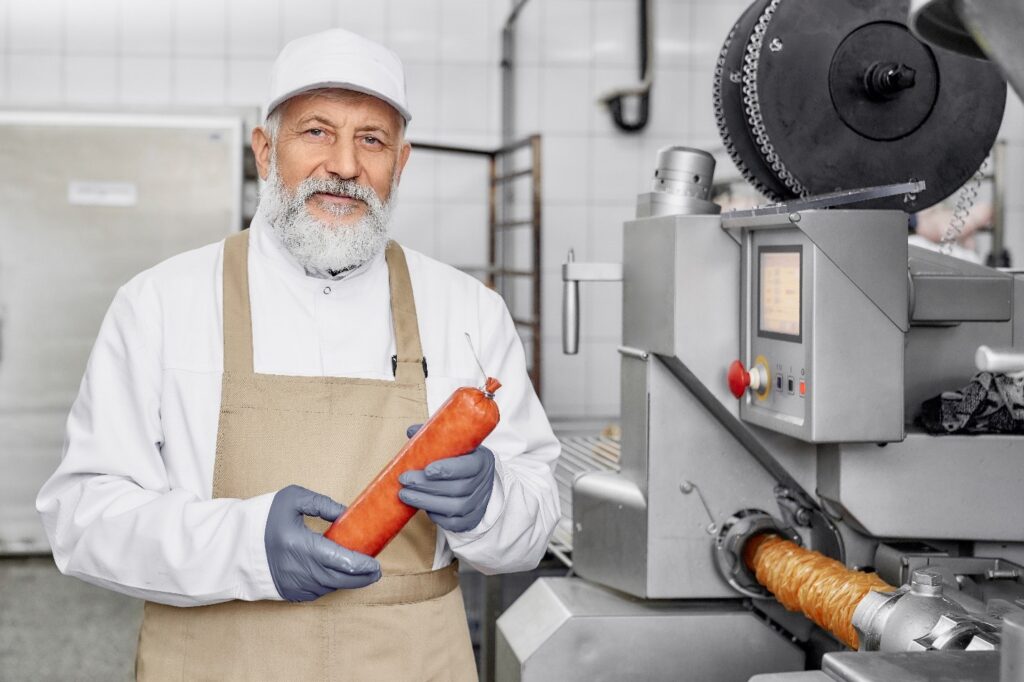
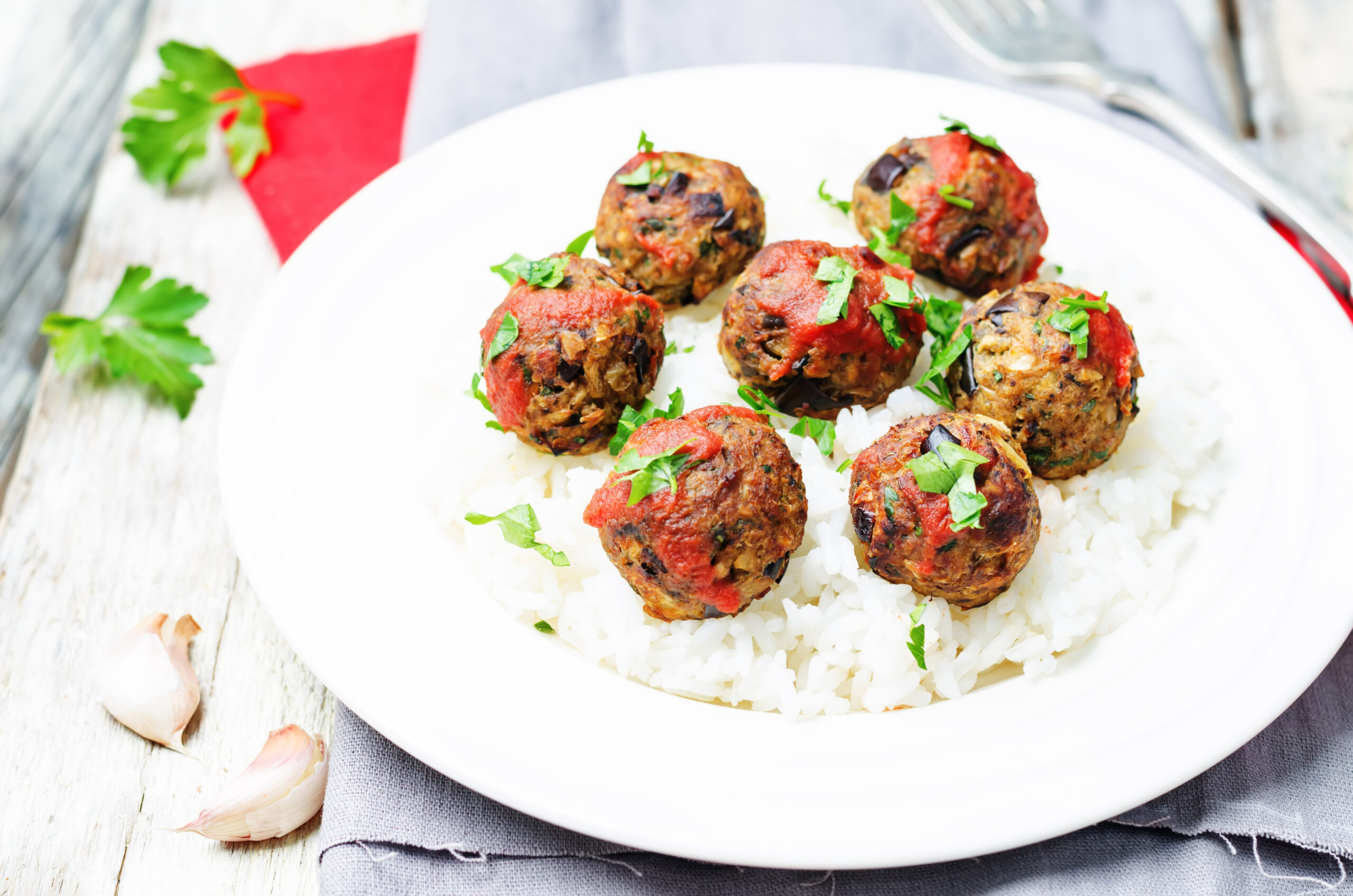
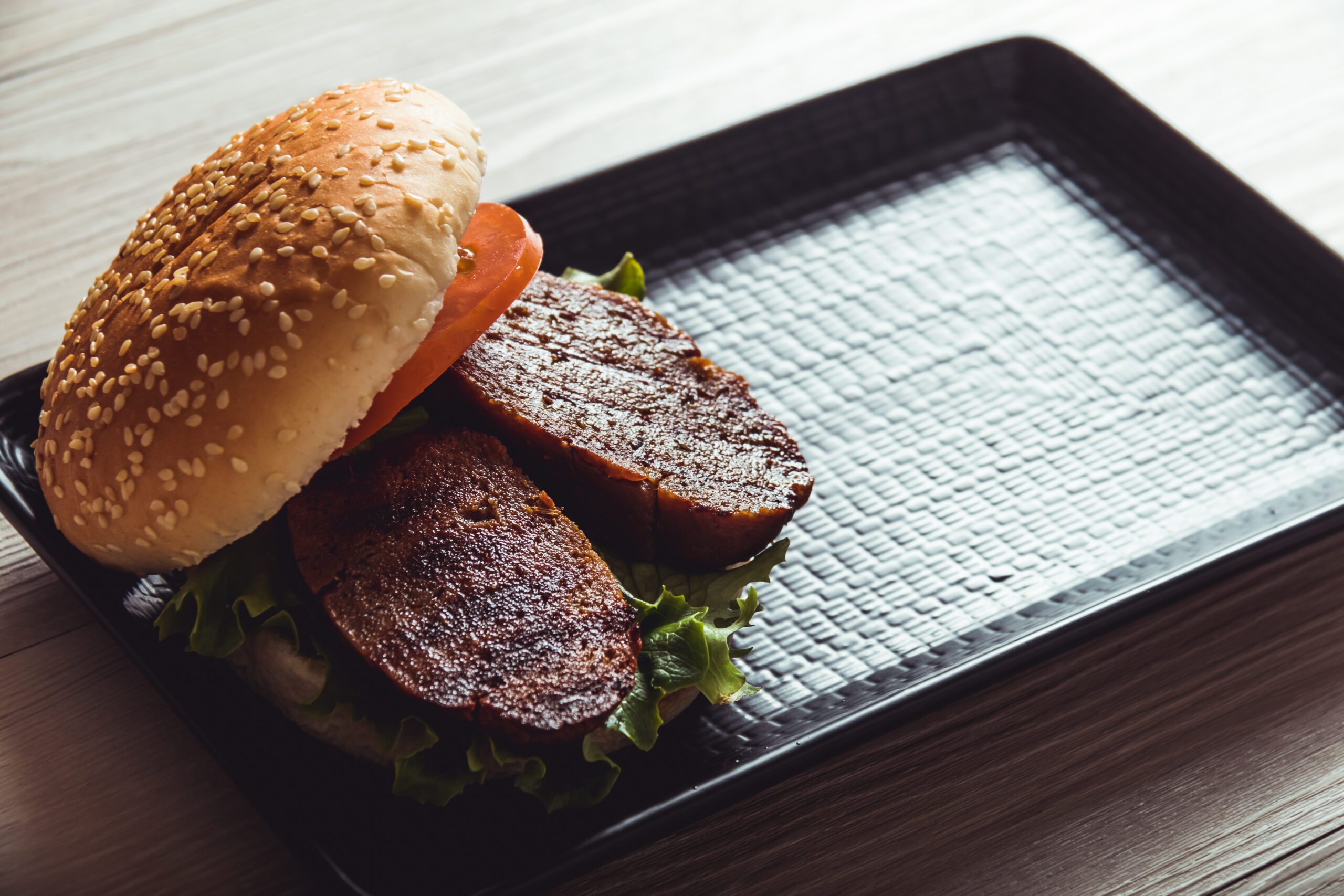
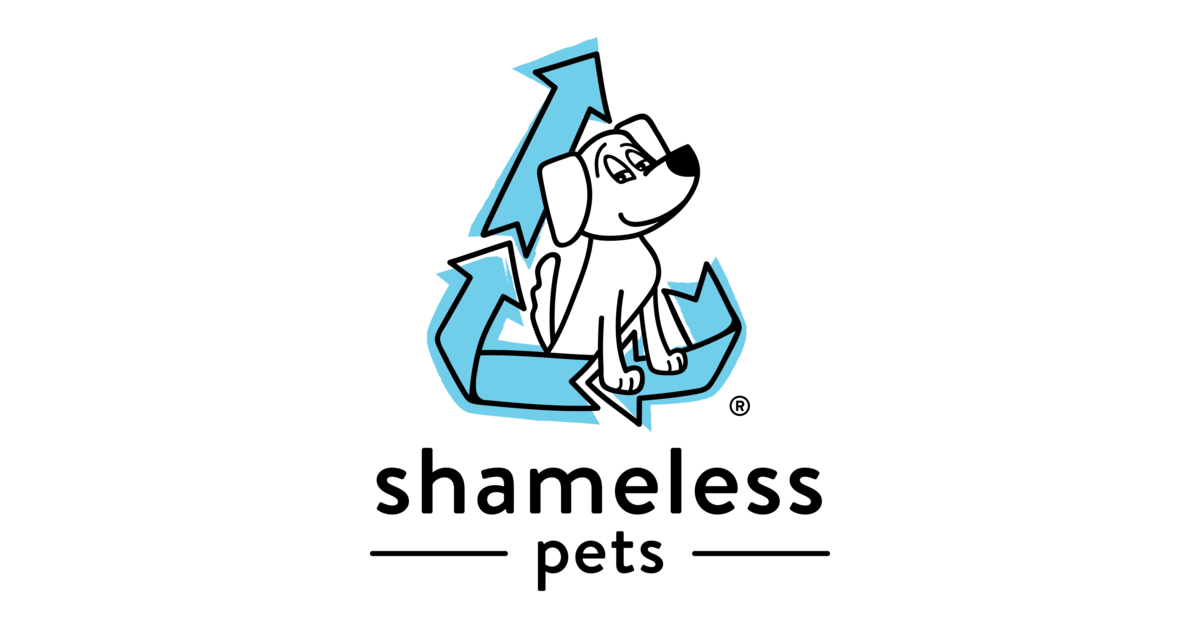
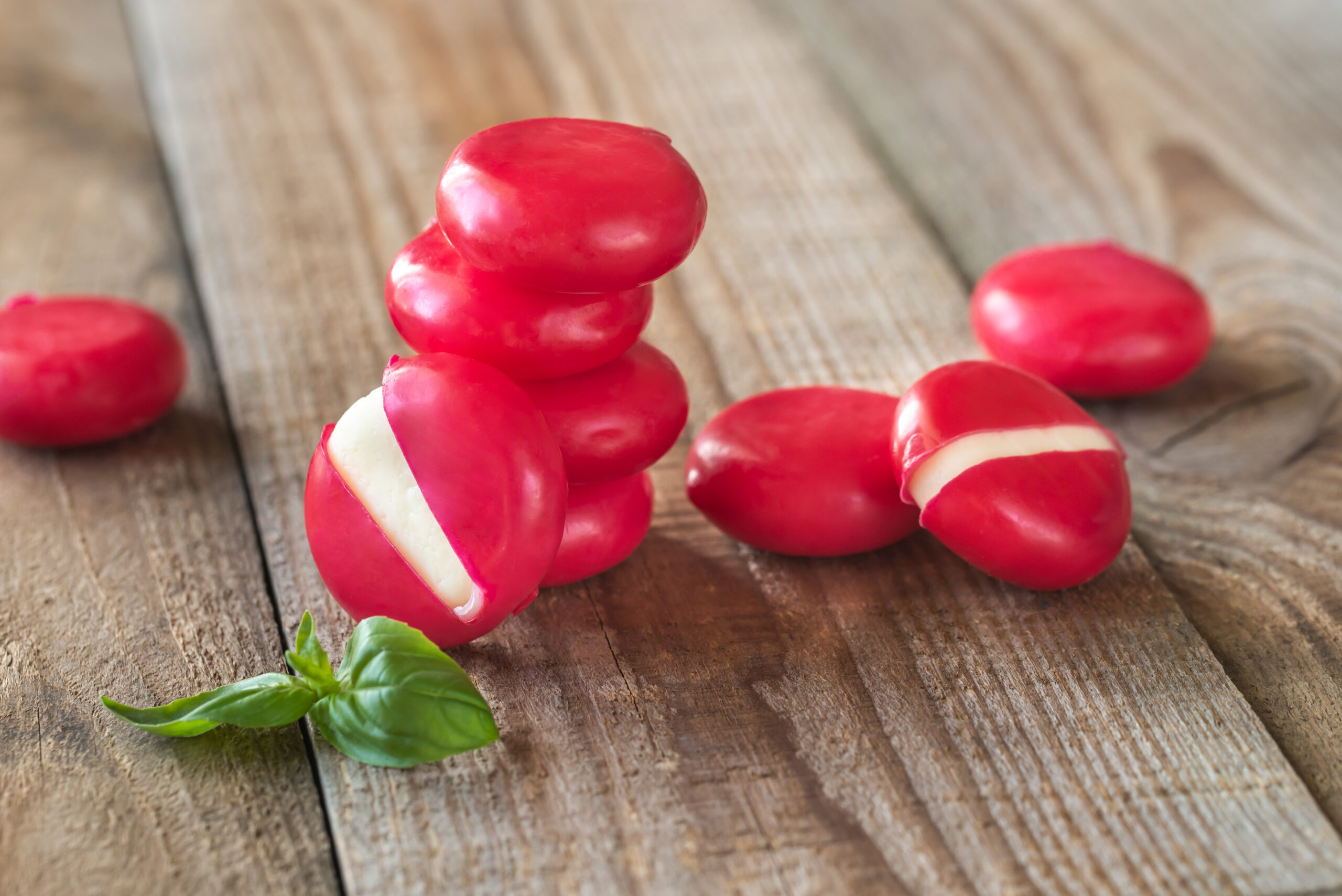
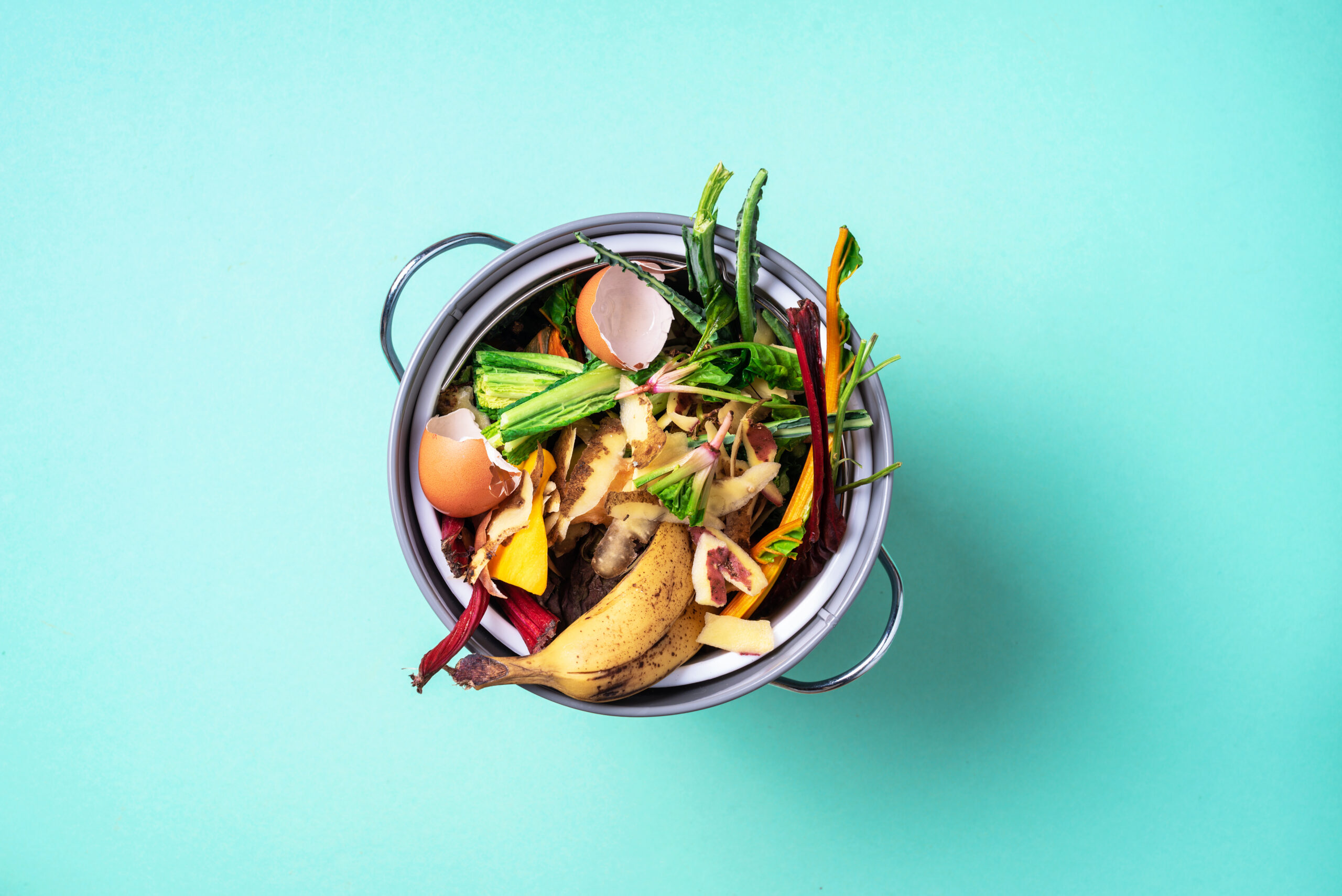



Join or login to leave a comment
JOIN LOGIN